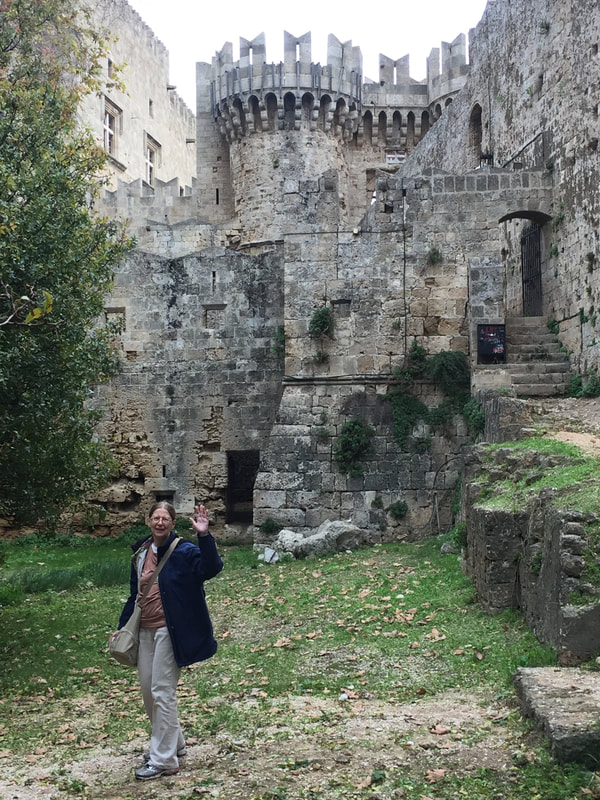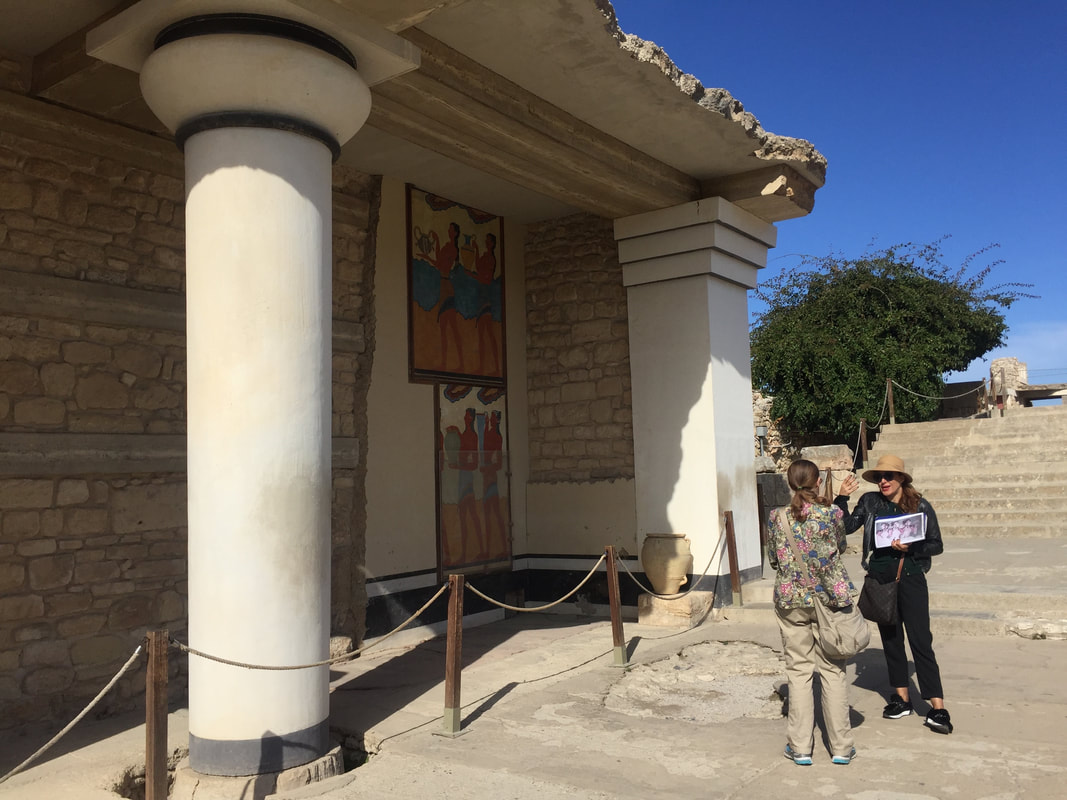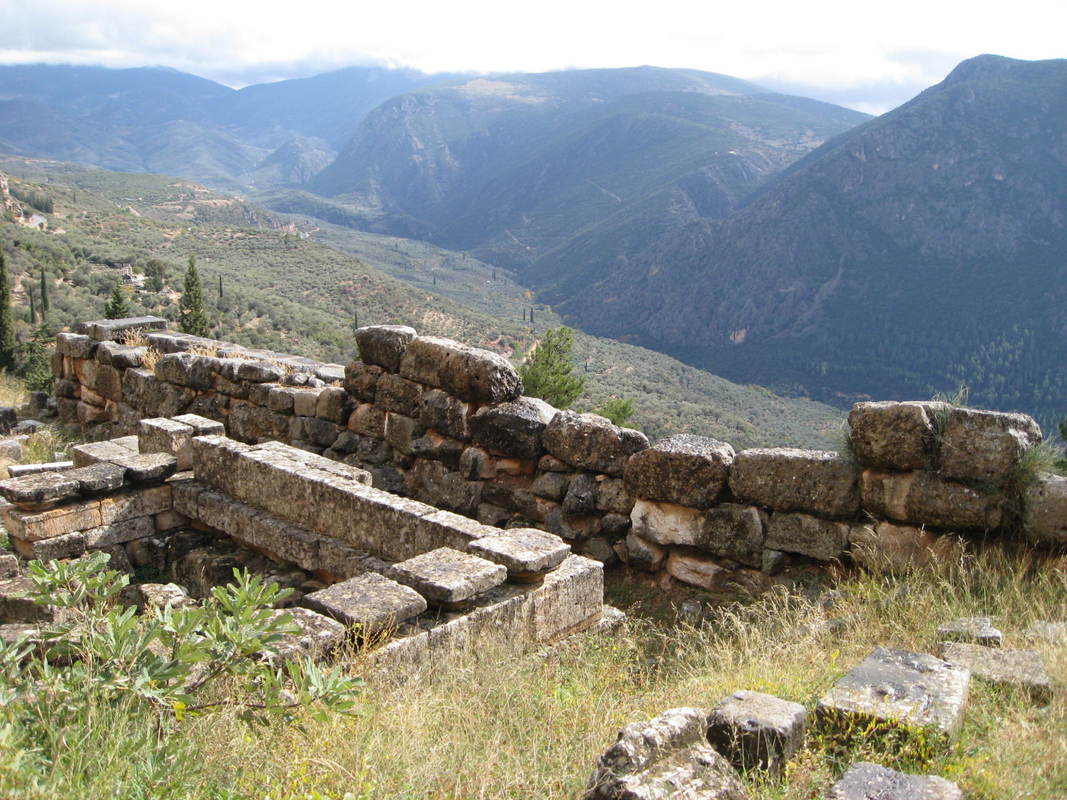|
Charlie Brown’s Christmas always brings tears to my eyes. My throat tightens when Linus tells what Christmas is all about and suggests the scraggly tree just needs a little love. Of the many holidays honored in diverse traditions this darkest time of year, Christmas is the one that stirs my heart.
Granted, its claims as a holy day are weak. No historical or biblical source suggests what time of year Jesus was born. Christmas originated in the fourth century when Pope Julius I fixed Jesus’s birthday on December 25 to co-opt existing midwinter revels. It became a raucous holiday marked by riots and booze. Religious leaders in seventeenth-century Boston banned it as non-biblical. Unlike factual origins, meanings are assigned by humans and change over time. The idea that Christmas has a “true meaning” is relatively recent, starting in the 1800s with the writings of Washington Irving and Charles Dickens. Christmas is no more an age-old family celebration of peace and love than it is the anniversary of Jesus’s birth. On the other hand, this is as good a time as any to heed the call for light in the darkness, hospitality to the stranger, generosity over greed, and hope in the face of fear.
9 Comments
Did you ever visit a place after reading about it and compare it to the picture in your mind? A place you’ve written about can be all the more startling. My historical mystery-in-progress is set in Rhodes, on a Greek island of the same name, far to the east near Turkey. Before last month I’d been there only briefly, thirty years ago.
Our hotel this fall was in the heart of the old Knights’ quarter, its medieval exterior enclosing updated rooms. The alleys of the walled town proved narrower than I’d imagined, the dry moats wider, the cats more languid. I discovered that cobblestones are slippery after rain. A UNESCO World Heritage Site continuously occupied since 408 BCE, Rhodes is one of the best preserved medieval cities in Europe. The Knights of the Hospital of Saint John of Jerusalem (Hospitallers, today the Knights of Malta) moved there after the end of the Crusades and ruled for over two hundred years. Their gothic buildings and defensive walls survive nearly unchanged. Motorcyclists who ply the cobbled alleys and shopkeepers who cater to cruise ship passengers confirm that this town, apparently frozen in time, remains very much alive. The labyrinthine Bronze Age palace of Knossos, on Crete, was the oldest site on our recent travels. Knossos was the center of the powerful Minoan civilization before the rise of the Greeks. Minoans traded throughout the eastern Mediterranean.
Here, according to legend, the Athenian prince Theseus slew the half-man-half-bull Minotaur and followed a thread out of the Labyrinth to escape the Minotaur’s father, King Minos. I came to Crete curious whether the myth dates from Minoan times or the later rise of Athens. That turned out to be the wrong question. My first exposure to Greek mythology was flat: twelve Olympians, unchanging except within a particular myth. Later, feminist spirituality drew attention to the Minoan Great Goddess or Earth Mother, often shown holding snakes. Now we had two flat steps: Minoan matriarchy, displaced by the Olympic pantheon of the patriarchal Greeks. Our knowledgeable guide at Knossos explained that the origin of the Theseus story can’t be approached as either/or. Homer and Hesiod in the 700s BCE combined elements from various times and places to create a unified narrative. Minoan art shows acrobats doing backflips over a bull. Minos was a position title, not an individual. Athenian princes came later. Meanwhile, aspects of the Earth Mother evolved into distinct deities such as Artemis for wild animals and Poseidon for earthquakes. Gradually gods from other sources joined the Greek pantheon in a mythology that was anything but flat. High in the remote mountains northwest of Athens, the remains of a temple of Apollo overlook a magnificent panorama down to the Gulf of Corinth. Before any major decision, ancient leaders made the arduous journey here to consult the Delphic Oracle. Apollo spoke through the words of his priestess, the Pythia, as interpreted by a priest.
Ancient writers attributed the Pythia’s altered state to inhaling fumes from a chasm in the rock. The notion of real fumes was debunked in the 1950s but later revived after the discovery of hydrocarbon deposits and a fault line. The Pythia’s symptoms—usually a benign trance, but occasionally fatal delirium—are said to resemble effects of sniffing glue. Before Apollo arrived in the shape of a dolphin and killed the monster python guarding the site, the same site featured worship and oracles of the earth mother goddess Gaia. Relief carvings on a remnant of Apollo’s temple show his forces defeating Gaia’s giants. Mythology, like history, is written by the winners. Visiting Delphi last month, I heard Gaia’s voice more loudly than Apollo’s. The ancient temple is in ruins, the statues and treasure houses plundered centuries ago. Emperor Nero alone took 500 statues away to Rome. With little left of the elaborate structures built by people, the breathtaking natural setting still conjures up a sense of the divine. |
AuthorI'm a historian who writes novels and literary nonfiction. My home base is Madison, Wisconsin. Archives
July 2024
|



 RSS Feed
RSS Feed